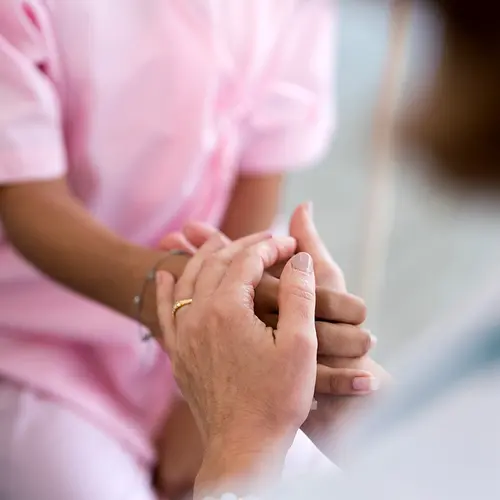The federal government’s lawyer Sally Yates served as the United States Deputy Attorney General from 2010 to 2015 during Barack Obama’s presidency. On October 28, 2021, Yates announced that she has been battling breast cancer. She opened up about her breast cancer diagnosis and how she managed to catch it early and seek treatment.
In July 2020, Sally Yates detected a lump in her breast a week after a scheduled mammogram. After some tests and biopsies, she was diagnosed with a rare but slow-growing breast cancer called invasive papillary cancer.
Sally Yates got her breast cancer diagnosis five days before she testified for the Russian investigation in Congress during the 2016 election.
She says that “After hearing the words ‘you have cancer,’ nothing feels the same. But hearing those words sooner than later makes all the difference.” Fortunately, she was diagnosed in the early stages.
With access to quality medical care, Sally Yates underwent a double mastectomy, which is the surgical removal of both breasts. Following the surgery, she's made excellent progress on her path toward recovery.
Approximately 281,550 new cases of invasive breast cancer emerge among American women each year. But not all can access the kind of medical care that Sally Yates can. Treatments like chemotherapy and radiation therapy can be very expensive. In light of the public health crisis during the pandemic, the inability to visit doctors for cancer screenings or got necessary treatment can result in late breast cancer diagnoses and poor survival rates.
When it comes to breast cancer, prevention is much better than cure. This is why you must focus on taking care of yourself. In the words of Sally Yates, “One basic but important way we can change that is to get a regular mammogram”.
As Breast Cancer Awareness Month comes to an end, more women can find inspiration in Sally Yates’ battle with breast cancer. Her story teaches the importance of self-care and scheduling routine check-ups. Prioritizing your health can help you stay safe and beat the disease.

